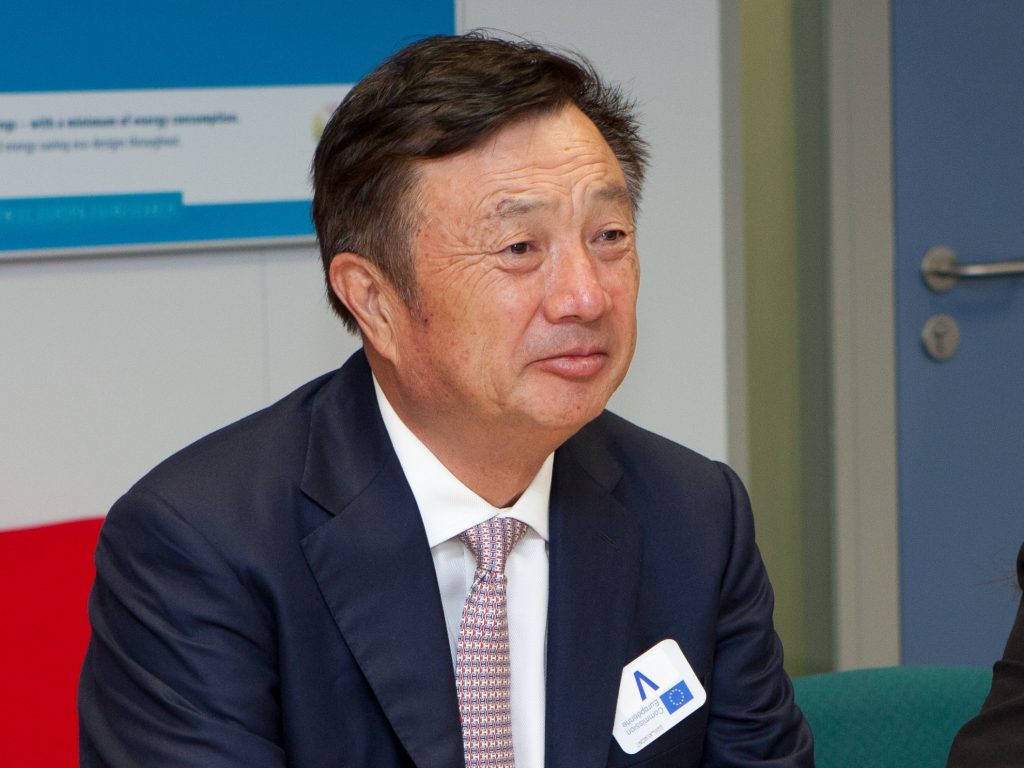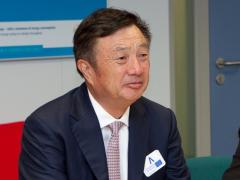
When you ask Huawei’s CEO Ren Zhengfei about AI in China or the growing challenges facing his company, you might expect a long strategic breakdown. But instead, he gives you something unexpectedly simple.
“I haven’t thought about it,” Ren says in an interview with People’s Daily. “It’s useless to think about it.”
In a world where leaders obsess over five-year plans and contingency strategies, Ren’s advice is surprisingly chill: “Don’t think about the difficulties. Just do it and move forward step by step.”
That mindset isn’t just his personal outlook—it’s how Huawei is pushing through some of the toughest global sanctions a tech company has ever faced. His answers reflect a quiet but unshakable resolve.
When the conversation turns to Huawei’s AI chip line—called Ascend—Ren doesn’t sugarcoat the situation. No big marketing talk. Just honesty. “The United States has exaggerated Huawei’s achievements,” he says. “Huawei is not that great yet.” Their top chips are still a generation behind the best.
So what do you do when you can’t buy the best tech on the market? According to Ren, you outthink the problem. He says Huawei is relying on its strength in software and mathematics to make up for hardware limitations.
Or as he puts it: “We use mathematics to make up for physics.” That means coding smarter, linking chips together in powerful systems, and getting creative to reach top-tier performance. Innovation, not just invention.
This philosophy applies to people too. Ren doesn’t bask in praise—he’s cautious of it. “We are also under a lot of pressure when people praise us,” he says. “We will be more sober when people criticise us.”
In fact, he sees criticism not as a threat but as a kind of gift. For him, feedback—especially the tough kind—is a sign that people care enough to expect better. And that’s what he stays focused on: doing the work well, not chasing approval.
But the real core of Ren’s vision isn’t just the next AI breakthrough or flashy product launch—it’s something deeper: basic scientific research. He talks about it with a quiet intensity, almost like a philosopher.
“If we do not do basic research, we will have no roots,” he warns. “Even if the leaves are lush and flourishing, they will fall down when the wind blows.”
That belief isn’t just talk. Huawei puts serious money behind it. Out of their yearly R&D budget of 180 billion yuan (about $25 billion), a whopping 60 billion (~$8.3 billion) goes into pure theoretical research—science with no immediate payback, just faith in future discovery.
Ren sees AI as a game-changer not just for Huawei, but for all of society. He believes China has a strong edge—not only because of its tech, but because of its infrastructure, and more importantly, its people.
He envisions a future where AI breakthroughs don’t just come from coders or tech labs, but from doctors, engineers, even miners—everyday professionals using AI to tackle real-world challenges.
He’s optimistic, and his confidence is contagious. He even points to a recent New York Times article by columnist Thomas L. Friedman titled, “I Just Saw the Future. It Was Not in America.” That piece, Ren suggests, captures a key shift that the West might be underestimating.
Through it all, Ren Zhengfei doesn’t seem fazed by sanctions, criticism, or the latest global headlines. He’s focused on something more enduring: laying deep roots, nurturing long-term progress, and moving—quietly but firmly—step by step into the future.
